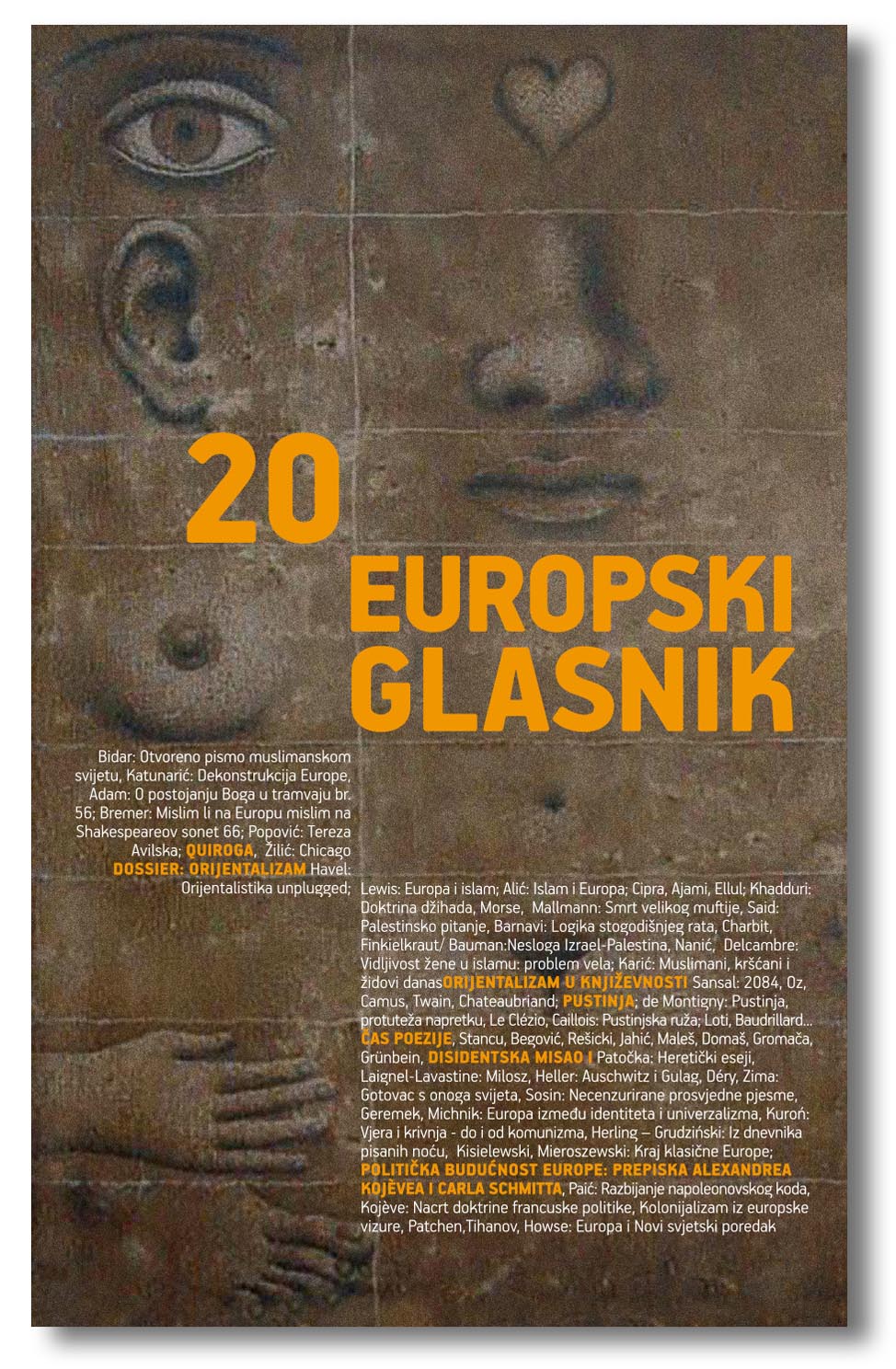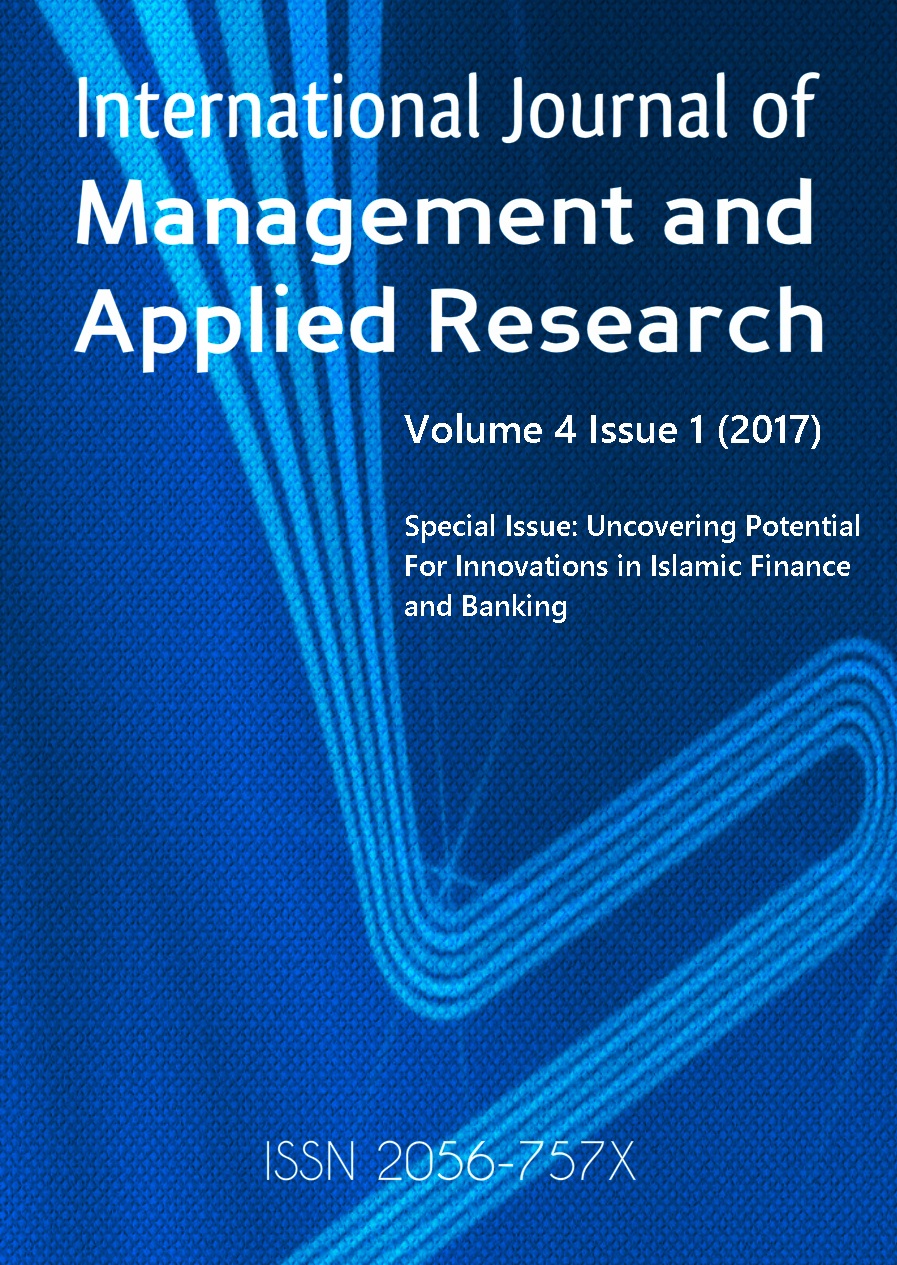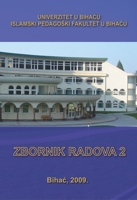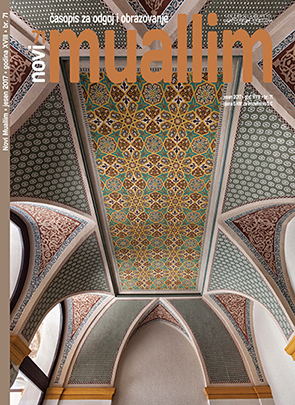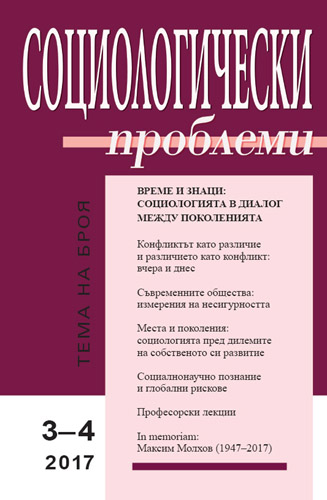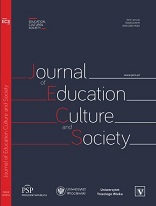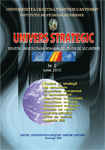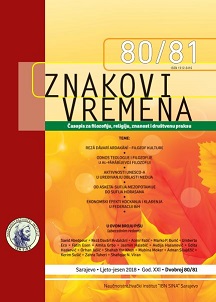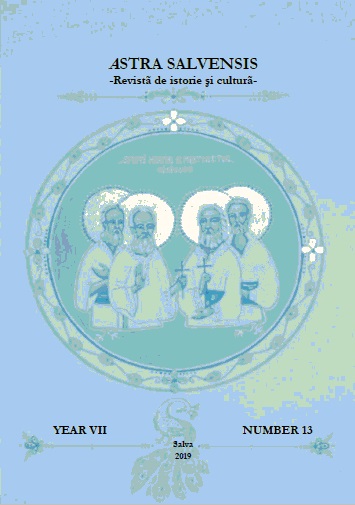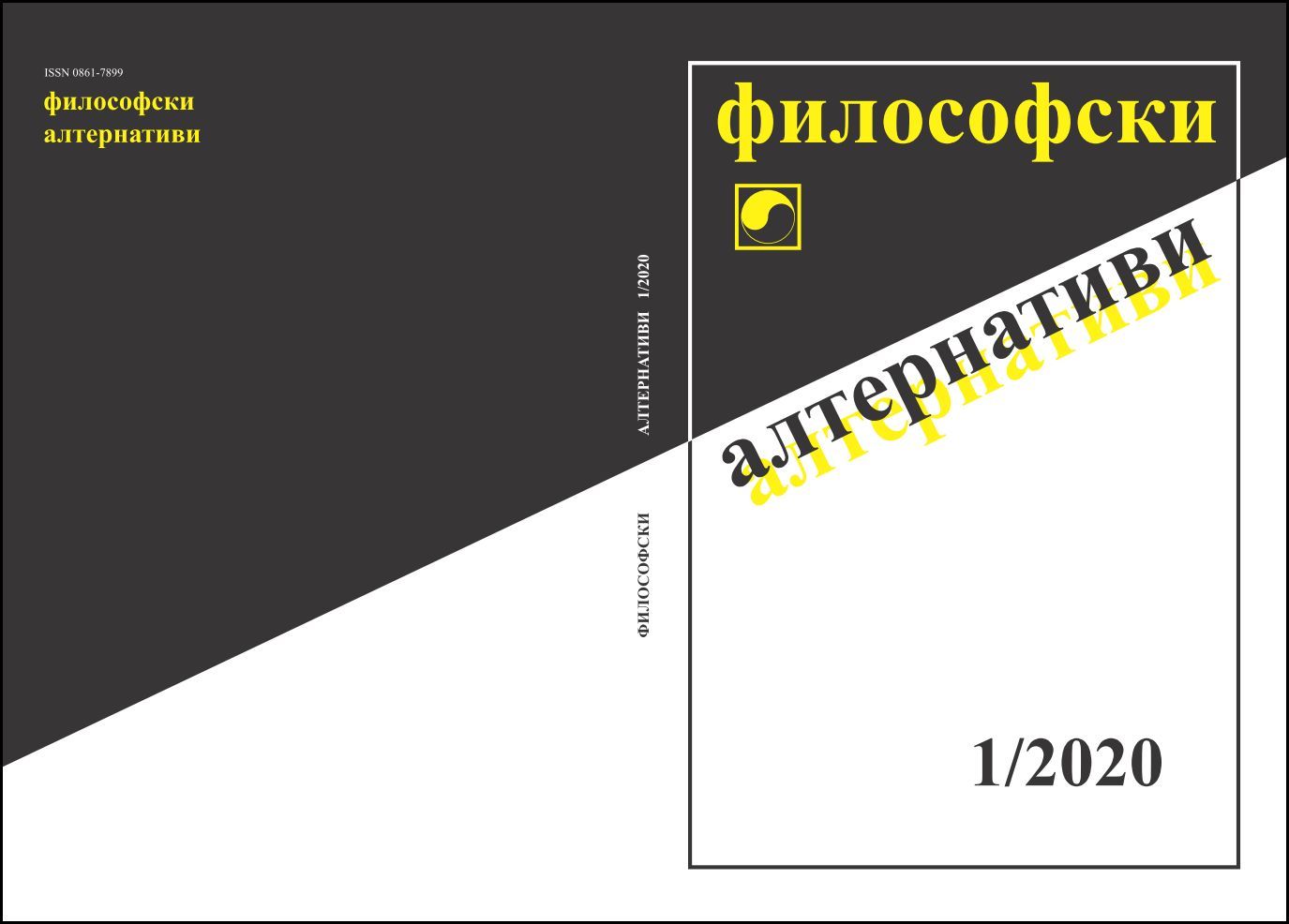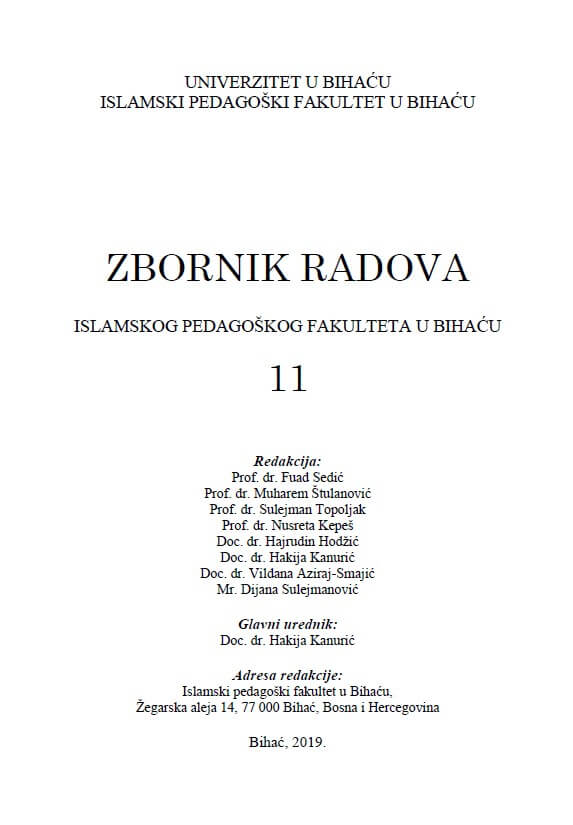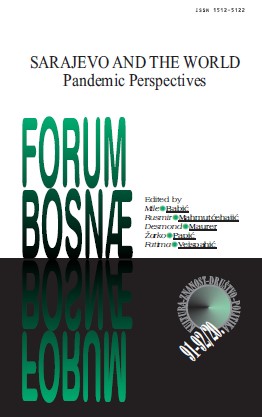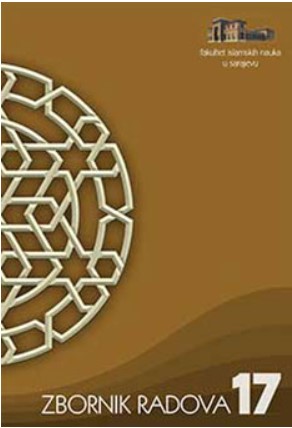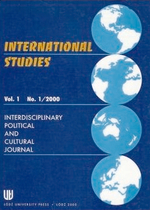
ARAB WOMEN IN THE GULF AND THE NARRATIVE OF CHANGE: THE CASE OF QATAR
The dramatic transformation of the Arabian Gulf since the discovery of petroleum resources has called for a new perspective on the situation of women in the region. Qatar is an example of fast-paced industrialization,modernization and profound socio-cultural changes. As the environment transforms literally from day to day, new identities are being forged and social roles renegotiated.The leadership’s vision for the country speaks of gender equality and opportunity for all. This article asks how young Qatari women’s personal stories fit into the national narrative of change and what they see as the best path to agency and empowerment.
More...
